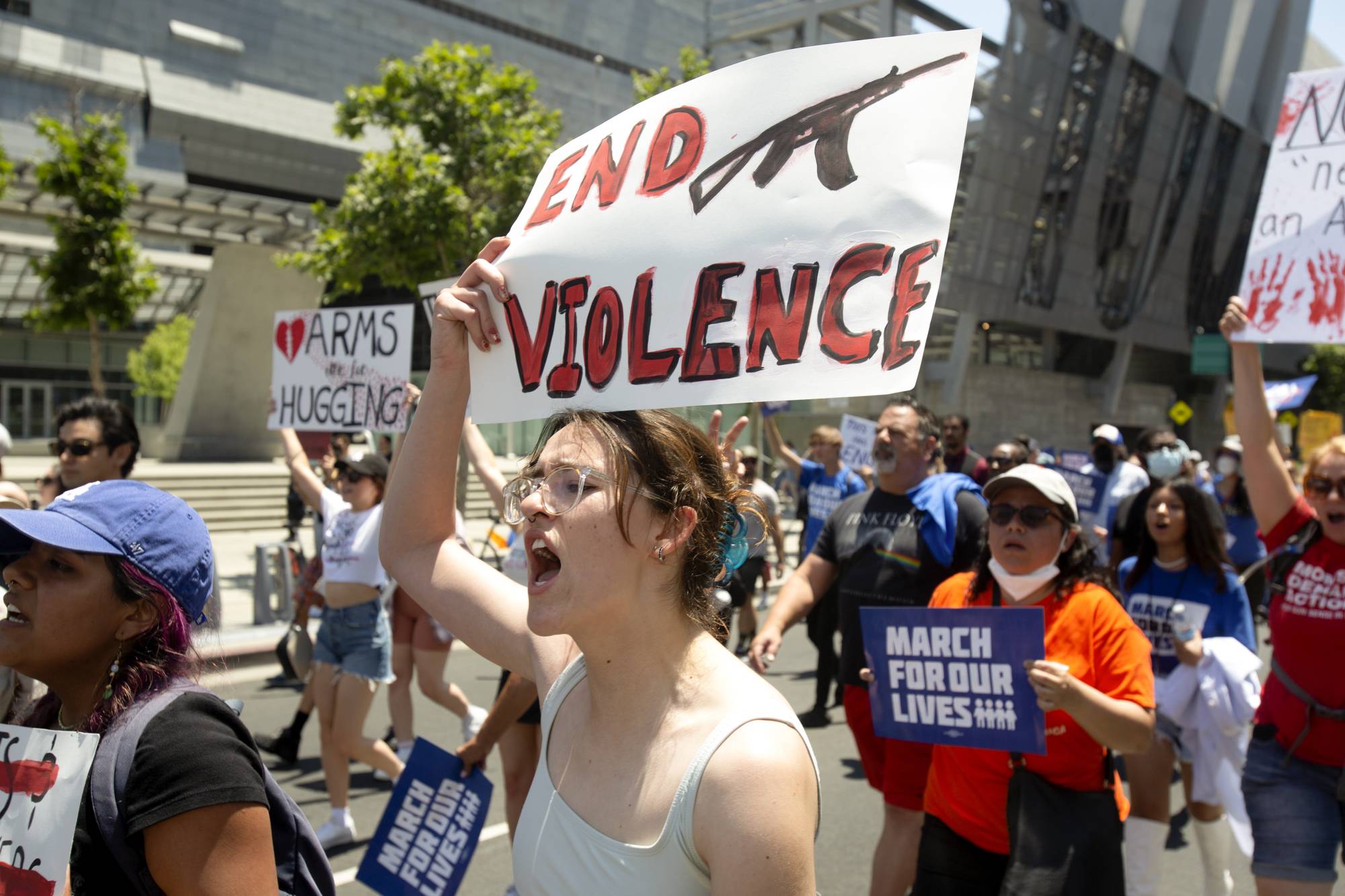As the first bipartisan agreement on gun safety measures in years takes shape on Capitol Hill, Republicans and Democrats are laboring to keep their compromise on track by sending disparate messages about its scope and implications.
Democrats, who wanted far more sweeping gun control steps, have noted that if passed, it would be the most significant legislation on the issue in decades. Republicans, fearful of crossing their anti-gun-control base, are focusing instead on the proposals they kept out of the agreement, including bans on weapons or ammunition and raising the age for purchasing firearms.
The contrast between how Democratic and Republican proponents are describing the proposal — big and monumental versus targeted and limited in scope — reflects the tricky politics surrounding the issue and the fragility of the coalition that has come together to try to break a yearslong stalemate.

















With your current subscription plan you can comment on stories. However, before writing your first comment, please create a display name in the Profile section of your subscriber account page.